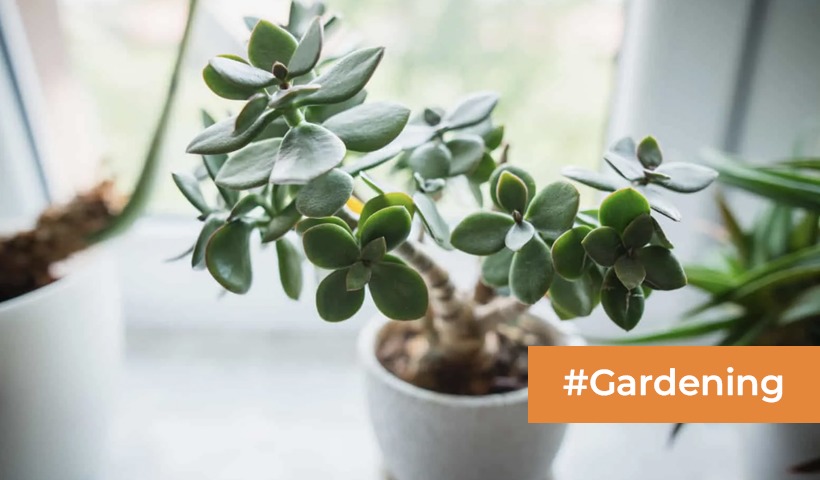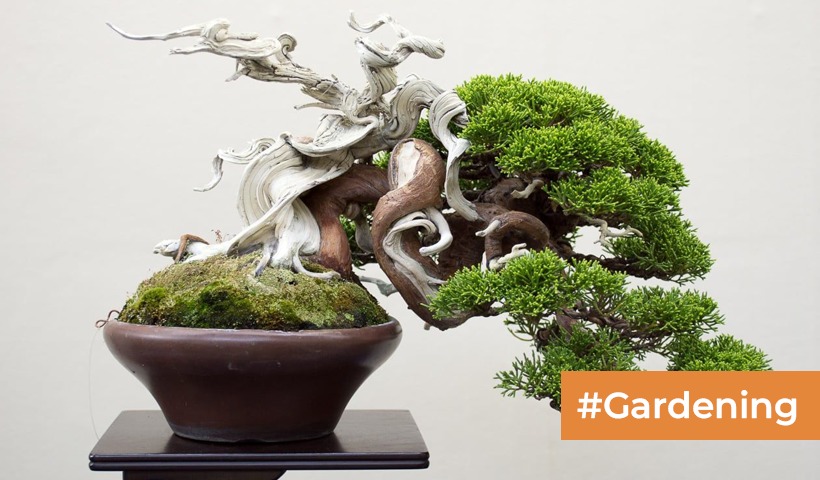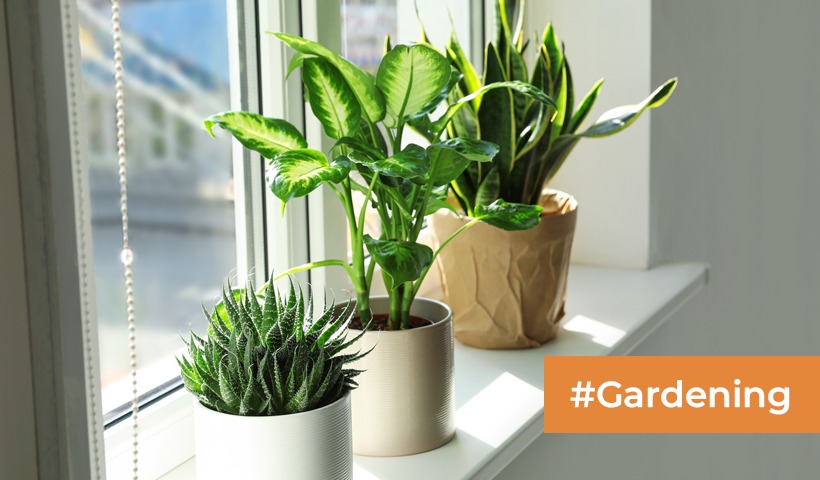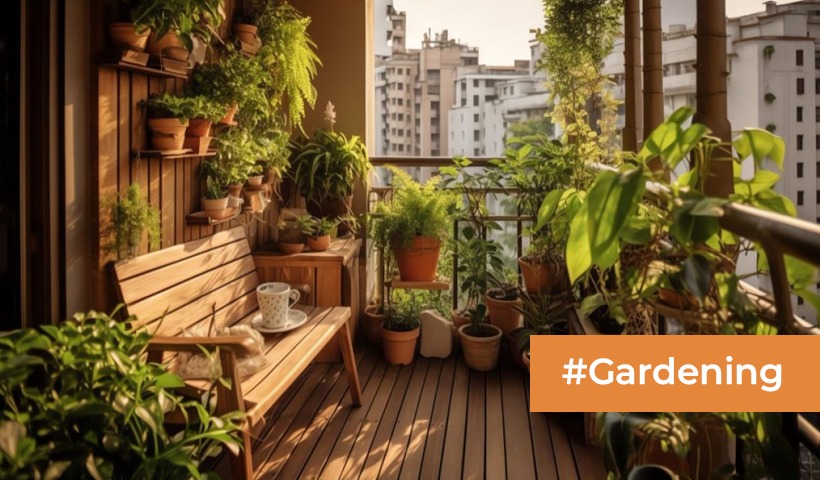Top 10 Indoor Medicinal Plants for Home
In today’s fast-paced world, where stress levels are high and pollution is rampant, bringing nature indoors can significantly enhance our well-being. One way to do so is by cultivating indoor medicinal plants. These plants not only add a touch of greenery to your living space but also offer a plethora of health benefits. Let’s explore the top 10 indoor medicinal plants that you can easily grow at home.
1. Aloe Vera: The Healing Wonder
Aloe vera is renowned for its healing properties. It contains enzymes, vitamins, and minerals that soothe skin irritations, promote wound healing, and moisturize the skin. Additionally, aloe vera gel can be consumed to aid digestion and boost immunity. To grow aloe vera indoors, place it in a sunny spot and water it sparingly.
2. Lavender: Soothing Aroma and Health Benefits
Lavender not only fills your home with its delightful aroma but also offers numerous health benefits. It is known for its calming effects, making it an excellent choice for aromatherapy. Growing lavender indoors requires well-draining soil and ample sunlight.
3. Peppermint: Freshness and Medicinal Properties
Peppermint is prized for its refreshing flavor and medicinal properties. It helps alleviate digestive issues such as indigestion and bloating. To grow peppermint indoors, provide it with plenty of sunlight and keep the soil moist.
4. Basil: More Than Just a Culinary Herb
Basil is not just a flavorful herb used in cooking; it also boasts medicinal properties. It has antibacterial and anti-inflammatory properties, making it beneficial for skin health and digestion. Indoor basil plants thrive in warm, sunny locations with well-drained soil.
5. Chamomile: Calmness in a Pot
Chamomile is renowned for its calming effects, making it a popular choice for promoting relaxation and improving sleep quality. Growing chamomile indoors requires moderate sunlight and regular watering.
6. Rosemary: Memory Booster and More
Rosemary is not just a fragrant herb; it also offers cognitive benefits. It has been linked to improved memory and concentration. Indoor rosemary plants prefer bright light and well-drained soil.
7. Lemon Balm: Stress Relief in a Leaf
Lemon balm is known for its ability to reduce stress and anxiety. It has a mild sedative effect, making it ideal for promoting relaxation. To grow lemon balm indoors, provide it with partial sunlight and moist soil.
8. Snake Plant: Air Purifier Extraordinaire
Snake plants are renowned for their air-purifying abilities. They filter out toxins such as formaldehyde and benzene, improving indoor air quality. Snake plants thrive in low light conditions and require minimal watering.
9. Spider Plant: Nature’s Air Filter
Spider plants are another excellent choice for improving indoor air quality. They remove pollutants and allergens from the air, promoting a healthier living environment. Spider plants prefer bright, indirect light and well-draining soil.
10. Mint: Versatile and Healing
Mint is a versatile herb with numerous health benefits. It aids digestion, alleviates headaches, and freshens breath. Indoor mint plants thrive in moist soil and bright, indirect light.
Conclusion
Incorporating indoor medicinal plants into your home not only adds beauty to your surroundings but also promotes health and well-being. Whether you’re looking to improve air quality, reduce stress, or enhance digestion, there’s a medicinal plant suitable for every need. Start your indoor garden today and reap the numerous benefits it has to offer.
FAQs
- Can these indoor medicinal plants be grown in small spaces?
- Yes, many of these plants can thrive in containers and small spaces, making them suitable for apartment living.
- Do indoor medicinal plants require special care?
- While they do require some care, most indoor medicinal plants are relatively low-maintenance and can thrive with proper watering and sunlight.
- Can I use these medicinal plants for herbal remedies?
- Yes, many of these plants can be used to make herbal remedies such as teas, tinctures, and salves.
- Are indoor medicinal plants safe for pets?
- While some plants may be toxic to pets if ingested, many of the plants listed here are safe for pets when grown indoors.
- Can I grow these plants without natural sunlight?
- While natural sunlight is ideal, you can supplement with artificial grow lights to ensure that your indoor medicinal plants receive adequate light.
Disclaimer: The views expressed above are for informational purposes only based on industry reports and related news stories. PropertyPistol does not guarantee the accuracy, completeness, or reliability of the information and shall not be held responsible for any action taken based on the published information.




